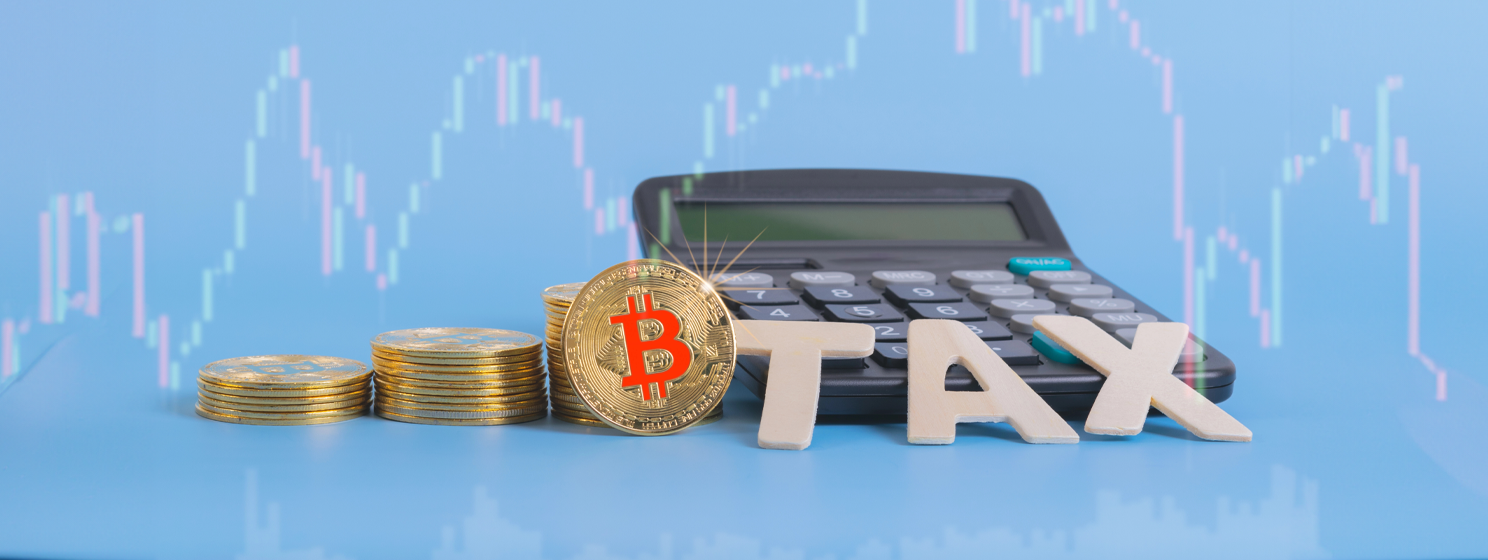|
Getting your Trinity Audio player ready...
|
Costa Rican lawmakers are making moves to transform the country into a digital currency paradise. The key piece of the puzzle is eliminating all taxes on digital assets including BTC.
The plan to remove taxes was contained in a bill presented to Congress by Johana Obando. Titled the Cryptoassets Market Law (MECA), Obando notes that the piece of incoming legislation will “give protection to individual virtual private property, to the self-custody of crypto-assets and decentralization.”
“Tomorrow, I will be presenting a bill to grant legal certainty to Fintech and similar companies in Costa Rica to promote the digital economy and the use of crypto assets,” Obando wrote on Twitter.
She notes that if passed into law, MECA will allow digital assets to thrive without major distortions by the central bank but will exist in “perfect harmony.” The contents of the regulation clearly define what constitutes a virtual currency and will bar the government from imposing taxes on them.
The tax regime proposed by the bill will protect investors from paying taxes when digital assets are used to pay for goods and services and will also insulate investors with assets in cold storage. Miners appear to be covered by the bill as assets mined in the country will not be subject to tax.
However, gains from investing and trading digital assets will be subject to income tax under the bill. The bill has garnered support from Congressmen Luis Diego Vargas and Jorge Dengo, but the nature of the legislation’s resistance remains unclear.
Digital asset taxation around the world
The move to eliminate taxation for virtual assets has been construed as one that could bring the country closer to the path of El Salvador that elevated BTC to legal tender.
Virtual currency taxation has undergone choppy development in different jurisdictions around the world. In some regions, the tax regime is lax, while others have adopted stiff rules to reduce the level of interest for virtual assets.
One of the countries with the toughest tax policy for digital currencies is India. The Indian Finance Minister levied a 30% tax, an applicable surcharge, and 4% on realized profits, while Portugal, one of the countries with almost zero taxes, is considering imposing levies on the industry.
In the United States and European Union, the convention is that taxes are payable on gains made from investing or trading digital assets upon their sale.
Watch: The BSV Global Blockchain Convention panel, Blockchain for Digital Transformation of Nations

 03-05-2026
03-05-2026 




